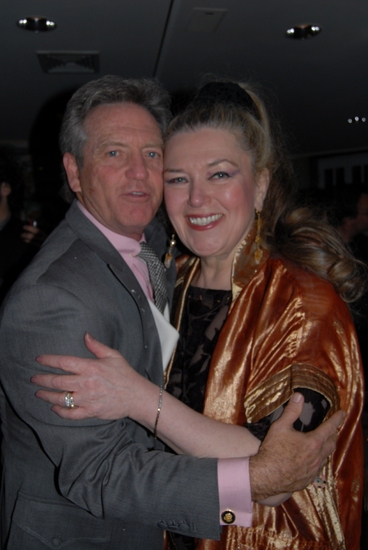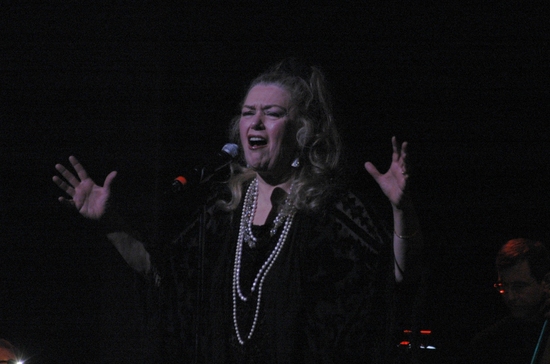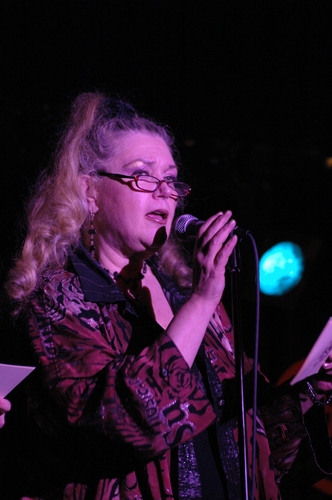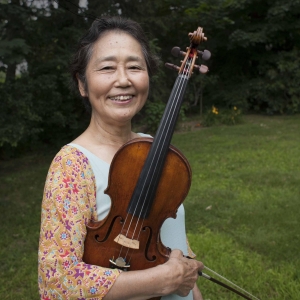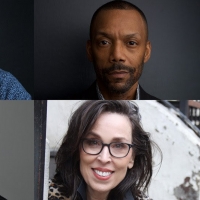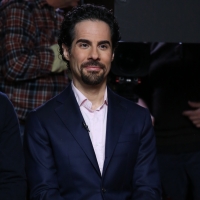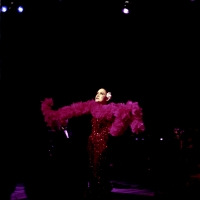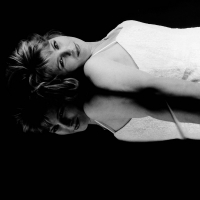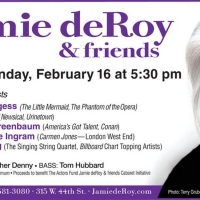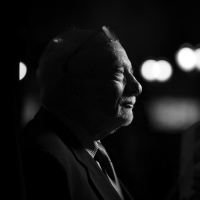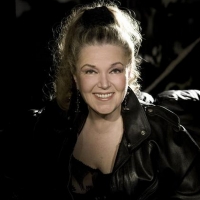The Springfield Chamber Players Octet Will Premiere Next Month
by Stephi Wild - Jul 19, 2024
The Springfield Chamber Players Octet will make their premiere at the Concerts at 7 Series on Monday, August 19, at 7PM. The performance will be at the Plainfield Congregational Church, 356 West Main Street in Plainfield, MA.
92Y Announces Melissa Errico, Norm Lewis & Jeff Harnar in Cabaret Conversations
by Chloe Rabinowitz - Mar 30, 2022
The 92Y School of Music has announced new guests for their popular interview series, Cabaret Conversations, now in its second year. Previous speakers in the Manhattan Association of Cabaret Award and BroadwayWorld Cabaret Award-nominated series have included Chita Rivera , Lillias White, and Joe Iconis.
The 92Y School of Music Announces New Guests for Cabaret Conversations
by Stephen Mosher - Jul 8, 2021
The 92Y School of Music announces new guests for their popular interview series, Cabaret Conversations, now in its second year, as well as new dates for Cabaret History and Great Performances. Previous speakers in the BroadwayWorld Cabaret Award-nominated series have included Chita Rivera and Joe Iconis. Led by award-winning cabaret historian and performer, Michael Kirk Lane these programs are perfect for both practitioners and fans of the art form.
92Y School Of Music Announces 2021 Cabaret Programming
by A.A. Cristi - Jan 11, 2021
After its 2020 success with speakers including Chita Rivera and Joe Iconis, among others, the 92Y School of Music announces an all-new roster of cabaret programming for 2021, led by award-winning cabaret historian and performer, Michael Kirk Lane. Perfect for both practitioners and fans of the art form, it includes BroadwayWorld Cabaret Award-nominated interview series, Cabaret Conversations, as well as classes Cabaret History and Great Performances, and the newest, Cabaret Performance: Connecting to Your Lyric.
BWW Feature: WHY CABARET?
by Stephen Mosher - Feb 11, 2020
Broadway World's Stephen Mosher answers the question put to him by a friend: 'Why do you even like cabaret?'
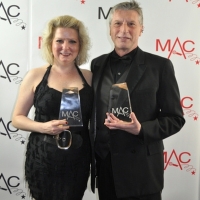
BWW Feature: SALON Offers a Safe Space at Don't Tell Mama
by Stephen Mosher - Aug 5, 2019
Salon is a weekly open mic night where artists can try out new material in a judgment-free zone. I recently did some undercover reporting. It wasn't dangerous or glamorous, like Hunter S. Thompson or Nellie Bly, though it was both alluring and scary at times. I infiltrated the cabaret community to see what it's like being a nightclub singer - and I had a really good time, but I don't want to do it again. I don't know how cabaret performers do it. It's exhausting and it's expensive. You spend all your time promoting yourself, you pay musicians, press reps, photographers and dry cleaners, and every day you run the risk of waking up with a cold and no voice, and an obligation to sing. It's nerve-wracking. Still, these artists continue to produce art for a willing audience: they do it for love of the art and of the audience. It begs the question, though, when a cabaret performer doesn't have a show to do, how do they keep their skills up? How do they continue to grow without spending precious earned cash on an expensive master class?
Cabaret Legend Baby Jane Dexter Passes Away
by A.A. Cristi - May 21, 2019
BroadwayWorld is saddened to report the passing of cabaret legend Baby Jane Dexter, who died last night at The Actors Home following a long illness.


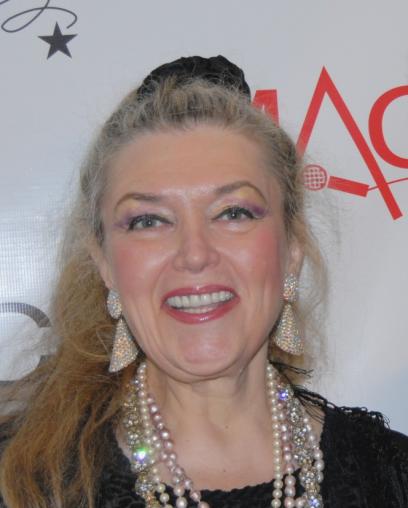
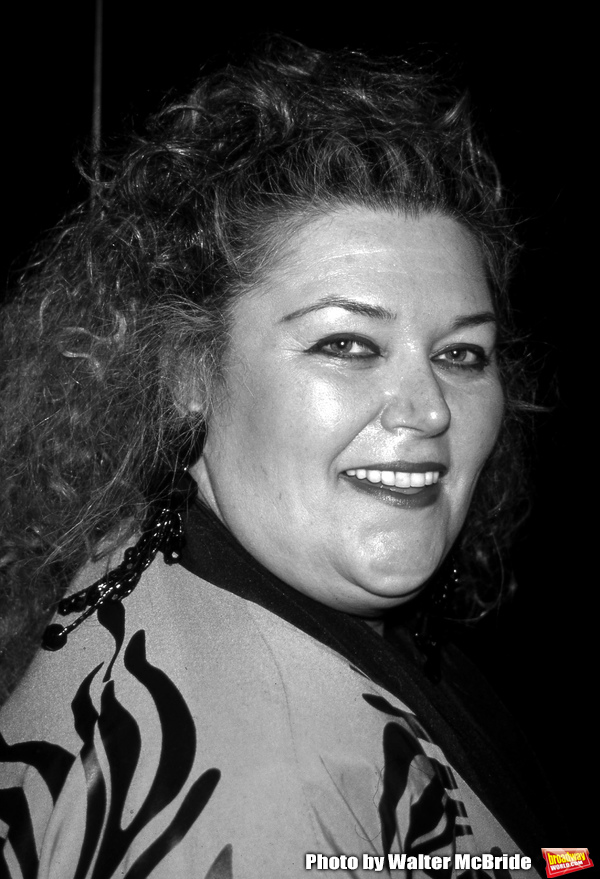
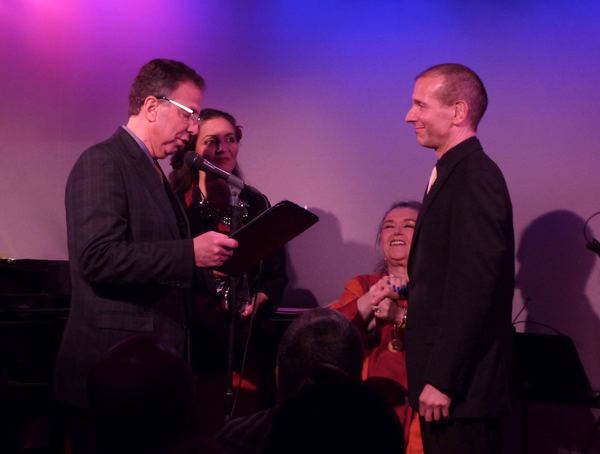
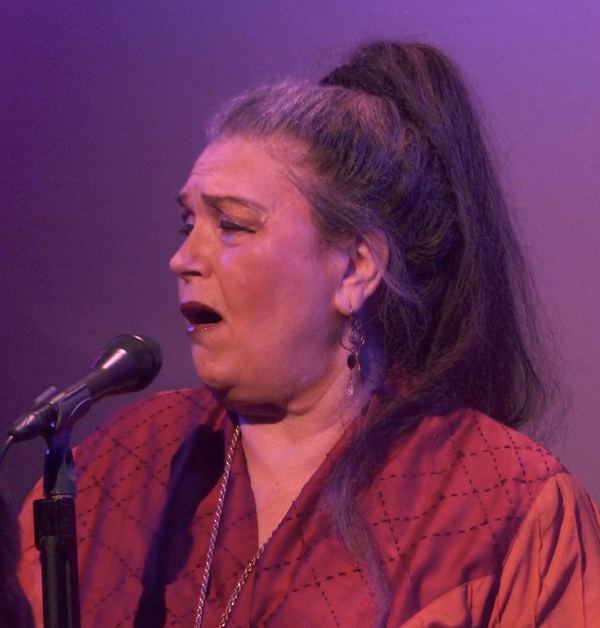
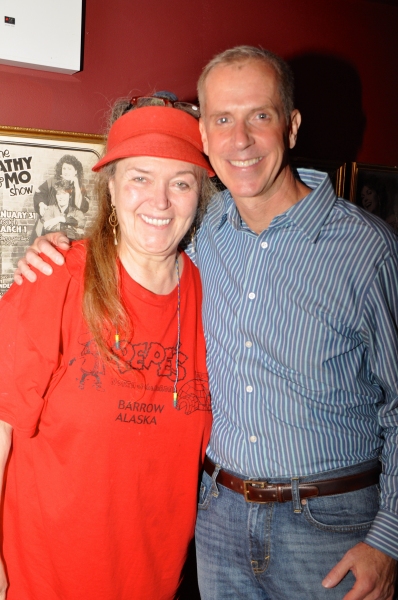
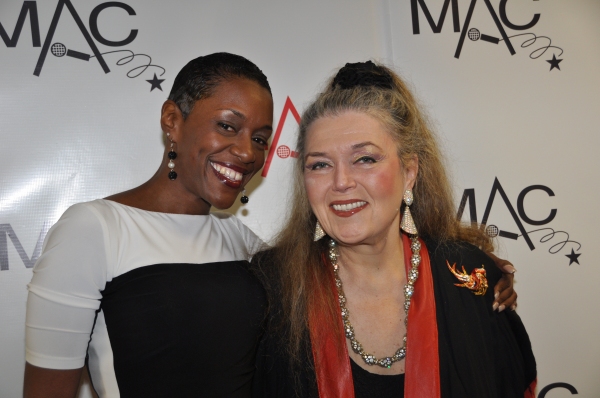
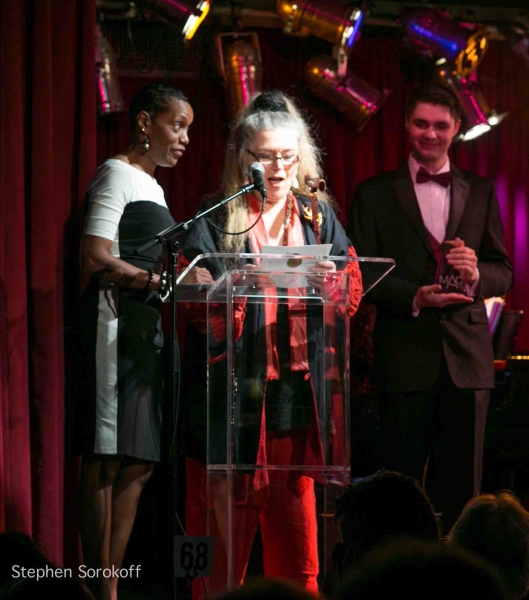
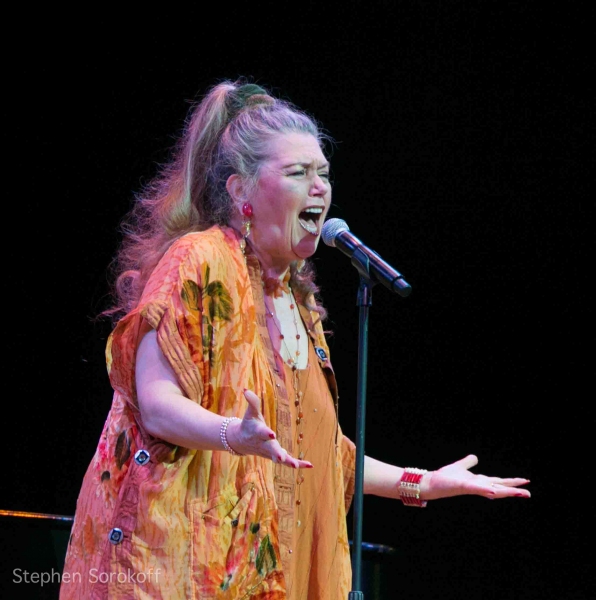
.jpg)
.jpg)
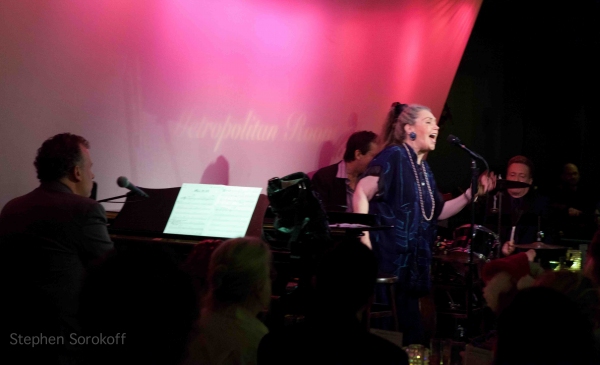
.jpg)
.jpg)
.jpg)
.jpg)
.jpg)
.jpg)
.jpg)
.jpg)
.jpg)
.jpg)
